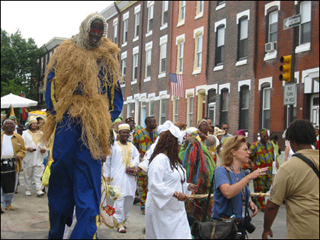Course Description
This course explores how social theories of urban life can be related to the city’s architecture and spaces. It is grounded in classic or foundational writings about the city addressing such topics as the public realm and public space, impersonality, crowds and density, surveillance and civility, imprinting time …
This course explores how social theories of urban life can be related to the city’s architecture and spaces. It is grounded in classic or foundational writings about the city addressing such topics as the public realm and public space, impersonality, crowds and density, surveillance and civility, imprinting time on space, spatial justice, and the segregation of difference. The aim of the course is to generate new ideas about the city by connecting the social and the physical, using Boston as a visual laboratory. Students are required to present a term paper mediating what is read with what has been observed.
Course Info
Instructor
Departments
Learning Resource Types
notes
Lecture Notes
assignment_turned_in
Written Assignments with Examples

The 2004 Odunde Festival on South Street in Philadelphia, PA illustrates one way that communities tie their identities to urban spaces. (Image courtesy of Annis Whitlow.)










